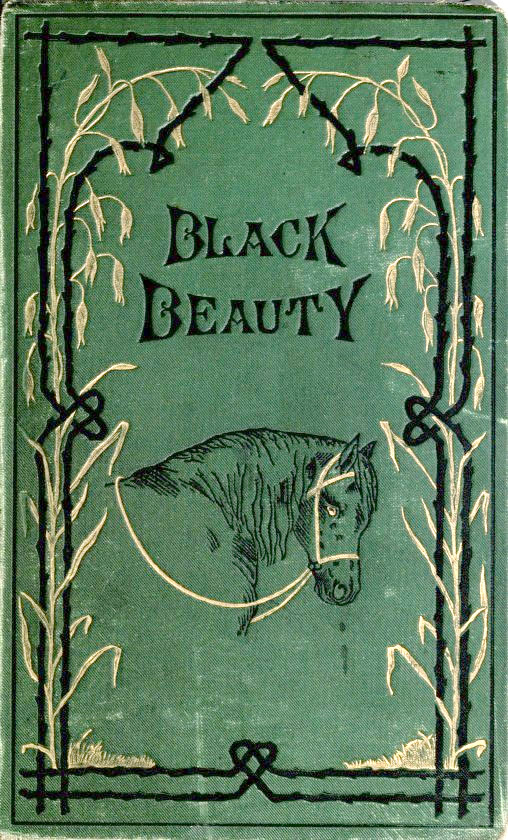Connavar
Well-Known Member
- Joined
- Apr 1, 2007
- Messages
- 8,411
Over in another thread someone posted an article about how overrated post-modern lit is. It actually got me thinking that a lot of the appeal of Chandler is that he essentially is asking the same question that every one of those tiresome post-modern (Delillo, McCarthy, Updike) authors asks... how does one remain moral in a world that seems indifferent to morality? Chandler just does it through far more interesting stories with Marlowe than they do with professors endlessly introspecting. I think that may be why Chandler is slightly more popular in general. Hammett's world is more immediate and real and grim, but Chandler is a bit more reflective and self-conscious, which appeals to a lot of readers.
Anyway, I second Red Harvest. It's probably his best novel. I'm also partial to Glass Key, one of his novels that seems to be overlooked much of the time. The Coen brothers movie Miller's Crossing is actually based on that novel and it's a pretty darkly funny look at corrupt politics.
I'd agree that Maltese Falcon is good but the rep of the movie creates expectations the book cannot meet. I feel much the same about the Thin Man, which is a decent novel but nothing like the famous series of movies it inspired. Hammett is really at his best in short stories dealing with the Continental Op I believe.
Thats pretty much same reason i think Chandler is more popular with regular readers too. Hammett is more interesting to people who are interested in literary realism. He reminds me of Jack London, both used alot of their real life experiences in their fiction brilliantly. Not much fancy creating worlds, asking self-concious questions about them. They are grim like their real times were. They are more like writers in earlier literary movements like naturalism.
I like Maltese Falcon but its not natural style for Hammett that kind of PI and the film is stronger story,character wise. Im impressed by his prose, dialouge, literary techniques in Maltese Falcon but its not his best writing imo. Clear difference to the Hammett who wrote Red Harvest and the one who wrote Maltese Falcon quality wise.


